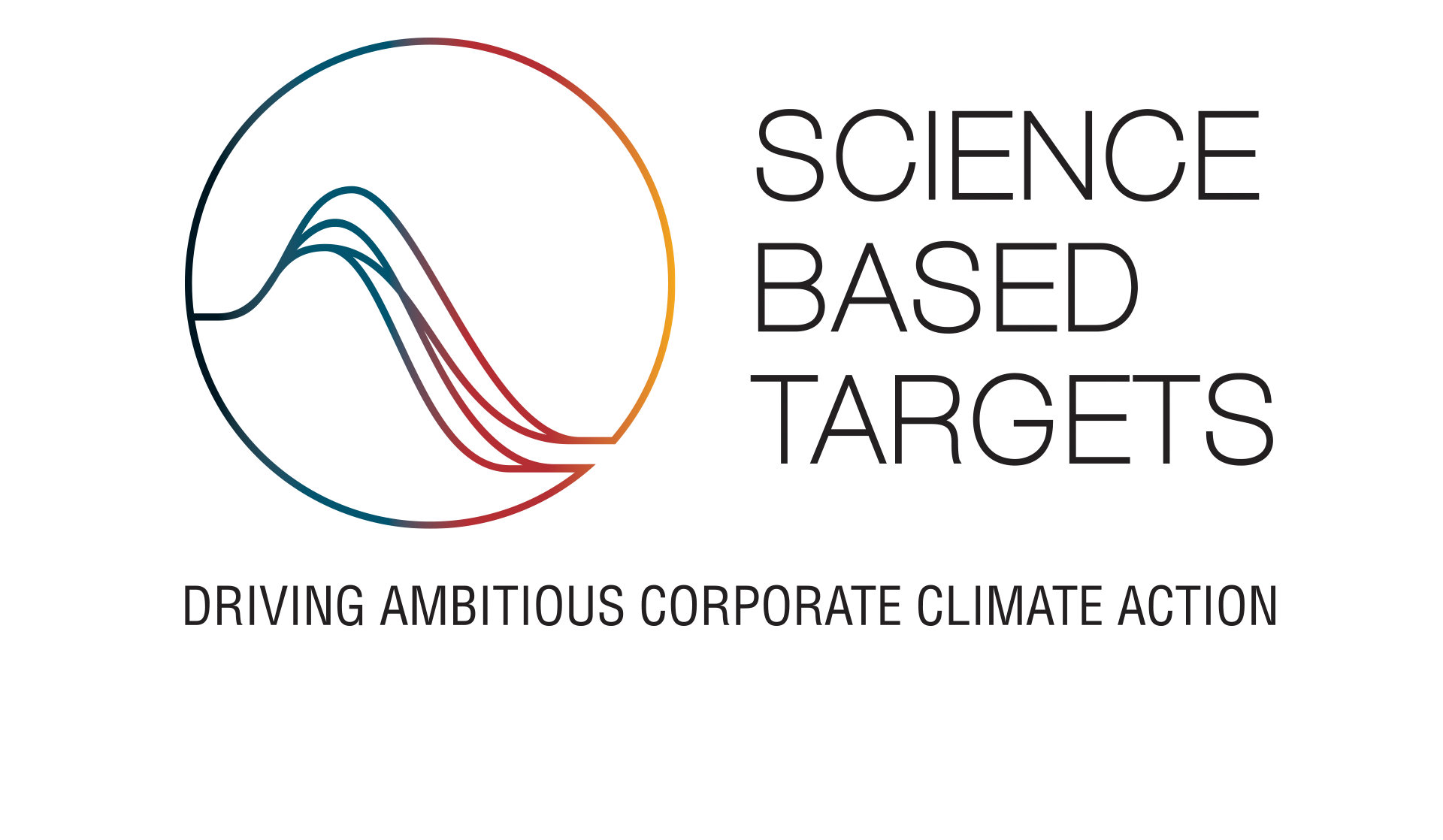Building the road to 2030

Our roadmap on emission reductions
Elopak has pledged to cut greenhouse gas emissions in line with the strictest criteria set by the Science Based Target Initiative (SBT), and has by that committed to keep global warming below 1.5°C.
In order to meet this obligation, we have built an action plan which is our roadmap to 2030.
Within the Scope 1 reporting category, we have committed to achieve a 55% reduction of emissions by 2030. We aim to reduce all our emissions from the consumption of natural gas, propane, heating oil, waste incineration and the use of fossil fuels.
The key focus areas for operations are to reduce the impact from production. The roadmap to 2030 includes identified actitivies currently being evaluated, such as:
- Reducing waste through operational excellence
- Increasing energy efficiency– for example by replacing fossil fired processes with electric alternatives.
- Change to more environmentally friendly energy sources – such as switching to electricity by rolling out hot air sealers and electrical forklifts. The plan is to continue to change all gas fired forklifts at our production plants to electric.
- Energy saving projects across our units
- Minimizing transport through end-to-end supply chain planning efficiencies not least including changing gas driven trucks to electric
Calculating the possible impact of all these initiatives combined, we see that we potentially achieve emission reductions beyond those required by our target for scope 1 (and residual scope 2) emission reductions. This is, however, subject to financial and technological feasibility studies over the next coming years.
We engage our employees to bring forward ideas to help improve and optimize all our processes, through the continuous improvement project Elovation. We also had a sustainability challenge in 2020 which resulted in more than 150 ideas to improve our performance.
Overall, our focus across all sites is on operational excellence and the understanding of Sustainability impacts every level of the organisation. Our roadmap to 2030 will be continuously evaluated and updated to ensure that we reach to targeted CO2e manufacturing footprint.
